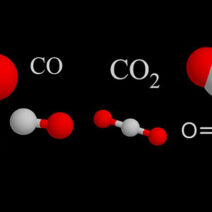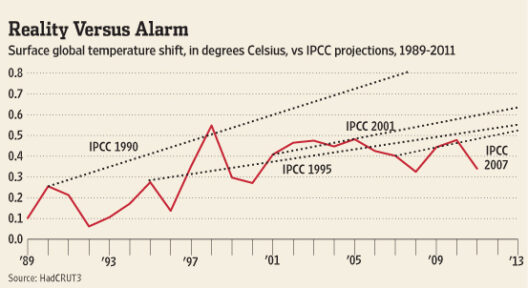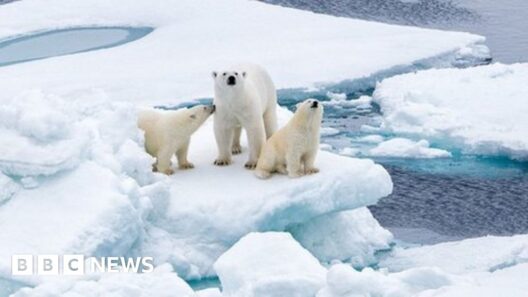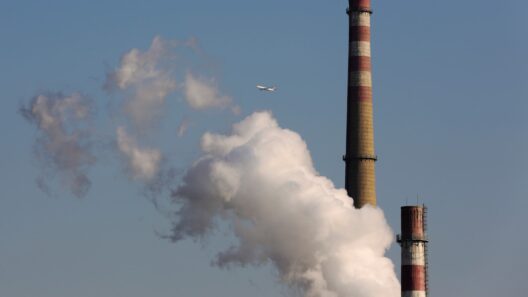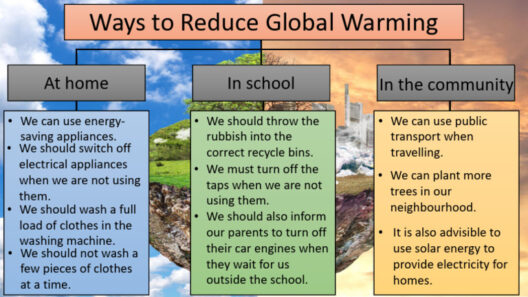Global warming is akin to the gradual melting of a glacier, a slow but inevitable insidious process that captures both the beauty and fragility of our planet. Its inception is complex, intertwined with the fabric of human civilization, technological advancements, and a pursuit of progress that often eclipses ecological stewardship. Understanding how and why global warming started requires delving into a mosaic of historical, scientific, and sociopolitical perspectives.
The genesis of global warming can be traced back to the dawn of the Industrial Revolution in the late 18th century. This era marked a pivotal transition from agrarian economies to industrialized societies, fundamentally altering the relationship between humanity and nature. The introduction of coal as a primary energy source was revolutionary, akin to lighting a match in the dark recesses of an ancient cave. However, this newfound power came at a grave cost. The combustion of fossil fuels released an unprecedented quantity of carbon dioxide (CO₂) and other greenhouse gases into the atmosphere. It is this atmospheric accumulation of gas that fosters the greenhouse effect—trapping heat and leading to rises in global temperatures.
The metaphor of a bubble best illustrates this phenomenon: as more gases are released, the bubble expands, creating a situation where the Earth’s ability to regulate its temperature becomes compromised. This is not merely an abstract concept; it has tangible consequences for ecosystems and human societies alike.
Another significant contributor to the warming of our planet was the exponential increase in population and consumption in the 20th century. The global population soared, particularly in the post-World War II era, leading to heightened demand for energy, food, and resources. Urbanization, an inherent byproduct of this boom, transformed landscapes and increased reliance on automobiles, which spewed carbon into the atmosphere. Each car, like an individual note in a cacophonous symphony, contributed to the overwhelming chorus of emissions that reverberated around the globe.
This burgeoning industrial landscape did not emerge in a vacuum; it was fortified by a culture of consumption and a narrative that celebrated convenience over sustainability. The allure of cheap and accessible resources clouded the collective judgment of societies, as economic growth and prosperity often overshadowed environmental considerations. The fossil fuel industry flourished, painting a picture of limitless energy potential, while the scientific community began to uncover the stark realities of climate change.
The scientific understanding of global warming gained traction in the latter half of the 20th century, as researchers began to correlate rising temperatures with human activity. In 1975, the renowned scientist Wallace Smith Broecker coined the term “global warming” in an article detailing the ramifications of increased CO₂ emissions. His work was akin to a siren’s call, warning of the impending dangers that lay ahead if humanity continued on its current trajectory.
Despite mounting evidence, a robust discourse surrounding climate change began to emerge. The late 20th century saw a growing chasm between scientific consensus and public perception. Misinformation campaigns, often fueled by vested interests in fossil fuels, proliferated, casting doubt on the severity of the issue. This dissonance reflects a troubling phenomenon: while science offers insights and solutions rooted in empirical evidence, societal inertia can thwart meaningful action.
By the early 21st century, accelerated climate phenomena began to unfold, serving as stark reminders of a warming planet. The frequency of extreme weather events—hurricanes, droughts, and wildfires—exemplifies the perilous interplay between a warming atmosphere and the Earth’s ecosystems. These events are no longer anomalies; they are harbingers of a future shaped by our collective actions. The metaphor of a canary in a coal mine is apt here—a warning system signaling deeper systemic issues that require urgent attention.
Internationally, awareness and responses to global warming have evolved, culminating in pivotal agreements such as the Kyoto Protocol and the Paris Agreement. These landmark treaties are attempts, albeit imperfect, to curtail greenhouse gas emissions and foster global cooperation. However, fulfilling these commitments requires a recalibration of economic priorities, a cultural shift towards sustainability, and an unwavering commitment to innovation.
The path forward is fraught with challenges, but it is also illuminated by opportunities for transformation. Renewable energy sources—solar, wind, and hydroelectric—represent not just alternatives but beacons of hope in the fight against global warming. Much like the boughs of a resilient tree that withstand the tempest, innovation in clean technologies can promote resilience in the face of climate adversity.
Ultimately, the question of how global warming started transcends mere chronology; it encapsulates a fraught relationship between humanity and the natural world. It serves as a stark reminder that the consequences of our actions echo across generations. Just as the seeds of change were sown during the Industrial Revolution, the actions of today will determine the climate legacy left for tomorrow. As stewards of this planet, it is incumbent upon us to nurture an ethos of sustainability, guided by an understanding of our past, a recognition of our present, and a vision for our future. Lingering in the balance is the health of our ecosystems, the stability of our climate, and the welfare of generations yet to come. The time for action is not merely a distant call; it is a clarion call of urgency.


